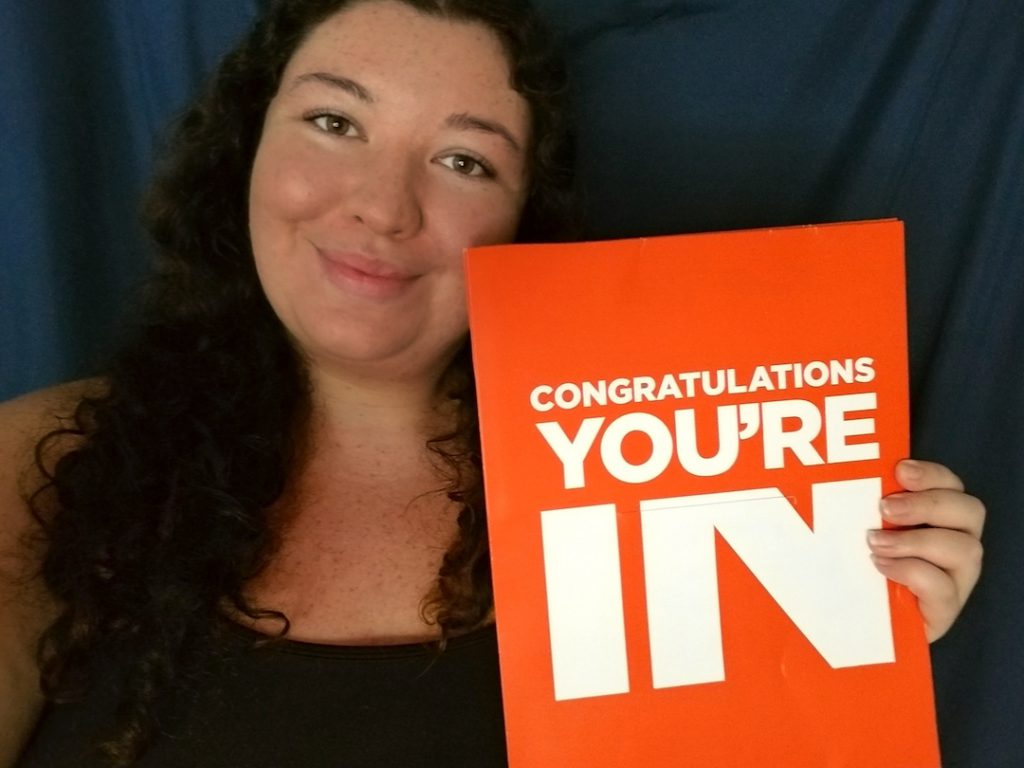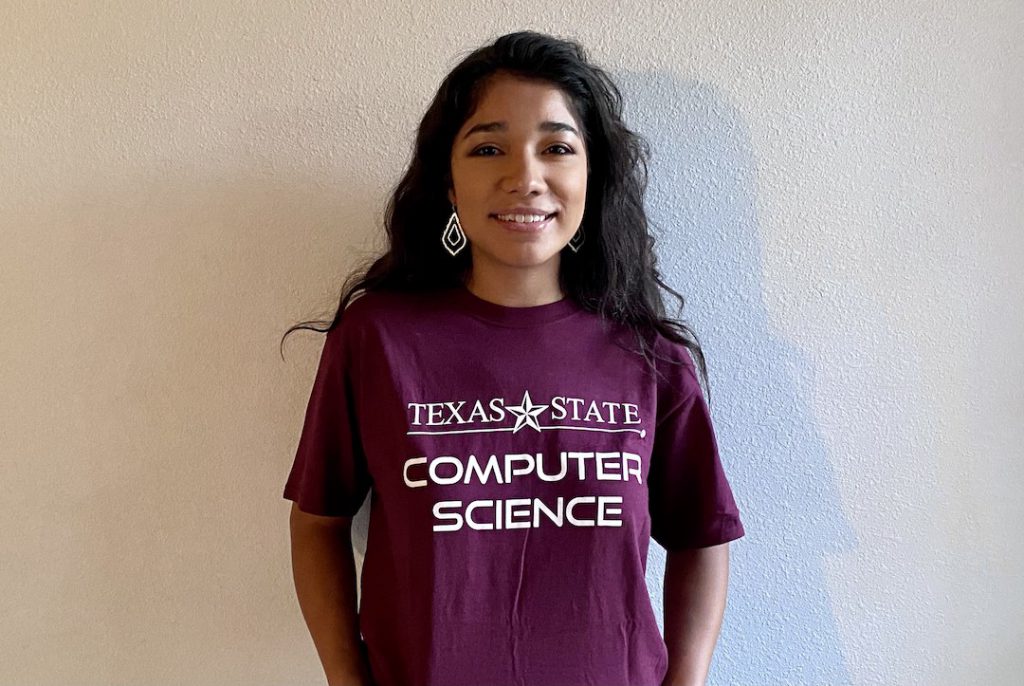Graphic by Kate Korepova
Story by Gloria Nguyen
Edited by Pete Ramirez
College can feel like the void between childhood and adulthood, but once a young person graduates high school and advances to the higher tier of their education, they are considered adults and must become more responsible for the decisions they make regarding money.
However, an ING Direct study found that 87 percent of teens surveyed knew little about personal finance.
Understanding how complicated and frustrating money management skills are, Austin Community College’s Student Money Management Office (SMMO) is here to help students take control of their money. Money management skills are even more crucial for students who plan to transfer to a four-year university, as the financial burden is much heavier in most cases.
Shannon Pinales, an ACC student who just got accepted to the University of Texas at San Antonio, shared that she was never taught about money in her teenage years. At ACC, she sought help from the Peer Money Mentor Program (PMMP) offered by SMMO.

“Before I was in that program, even talking about the word ‘budget’ was enough to get me anxious. It wasn’t a territory I could speak about,” Pinales said.
However, having been in that program for one year, Pinales is now confident that she is at a good place with her budgeting. She has also helped the office with some scholarship workshops behind the scenes. Pinales has learned valuable information about the money sources, where to find them, and how to apply for them.
“The whole application process is overwhelming,” Pinales said. “But the office has helped me have a better idea of what I need to do on a weekly basis, monthly basis, and so on.”
Pinales, who will be transferring to a four-year university, said that she did not wish to take out any loans and would spend her weekends working on scholarship applications.
“At ACC, I was able to not take out any student loans and always had a refund every semester,” Pinales said. “My budget would look completely different as I’m transferring to a new school. I don’t want to put any loan pressure on me.” She said she is grateful for learning how to take control of her finances before transferring to a four-year university.
Amber Rodriguez, like most young adults, would spend all the money she had in her bank account because she did not know any better.

Photo provided by Amber Rodriguez
But now, that’s all in the past. Rodriguez now has savings she is building on and extra money in case of emergency thanks to the Peer Money Mentor program.
Rodriguez took part in the Rainy Days Saving Program of SMMO, which has an incentive of $25 in cash to maintain a balance of $475 or more for 30 or more days.
Participating in this program changed Rodriguez’s relationship with money.
“I had almost $500 in my bank account, which I had never had before,” Rodriguez said. “Having that much money really helped change my mindset and started making it fun for me to save money.”
What bothers Rodriguez the most regarding transferring are transportation and food costs. When she was at ACC, she had a free transportation card on the bus and train.
Now studying at Texas State University, Rodriguez takes the bus from North Austin to San Marcos every day.
“Since I’m at school all day, I’m spending way too much eating out,” Rodriguez said. “I realize I have to start packing more than one meal to save some money.”
Arjana Almaneih is studying at the University of Texas at Austin and living in North Austin. She does not worry about transportation costs since her husband picks her up after school.

Photo provided by Arjana Almaneih
However, Almaneih has spent much more on textbooks and food compared to when she was at ACC. She said that professors at ACC were more likely to minimize course materials, so she did not have to spend too much buying textbooks. She has also spent quite a lot of money on eating out since it is inconvenient to pack her own meals.
“Participating in the Student Money Management Office during my two years at ACC completely changed my financial situation, and not to be dramatic, but my life as well,” Almaneih said. “I went from constantly going negative in my accounts and zero savings to living very financially stable. I have three different savings accounts and feel very confident and comfortable with my financial situation.”
Almaneih is grateful for being a part of and learning from the PMMP.
“Because of the knowledge I gained, I am attending the number one public university in Texas and the tenth best public university in the United States on a full-ride scholarship as a first-generation student,” Almaneih said. “Because of my time with the PMMP, I will receive my bachelor’s degree with zero debt.”
Almaneih shared practical advice for students at ACC who are trying to build a solid foundation for their finances.
“I would highly suggest any and all ACC students to get involved with Student Money Management,” Almaneih said. “Whether that’s through a workshop, a financial coaching session, the Rainy Day Savings Program, the peer money mentor program, or just paying attention when they come to your class!”
The PMMP will return in Fall 2022. ACC students can easily find more information and waitlist their names at the SMMO’s website. Information about scholarships workshops and Rainy Days Saving Program can also be found on their website. Students can reach out directly to them by calling 512-223-9331.


